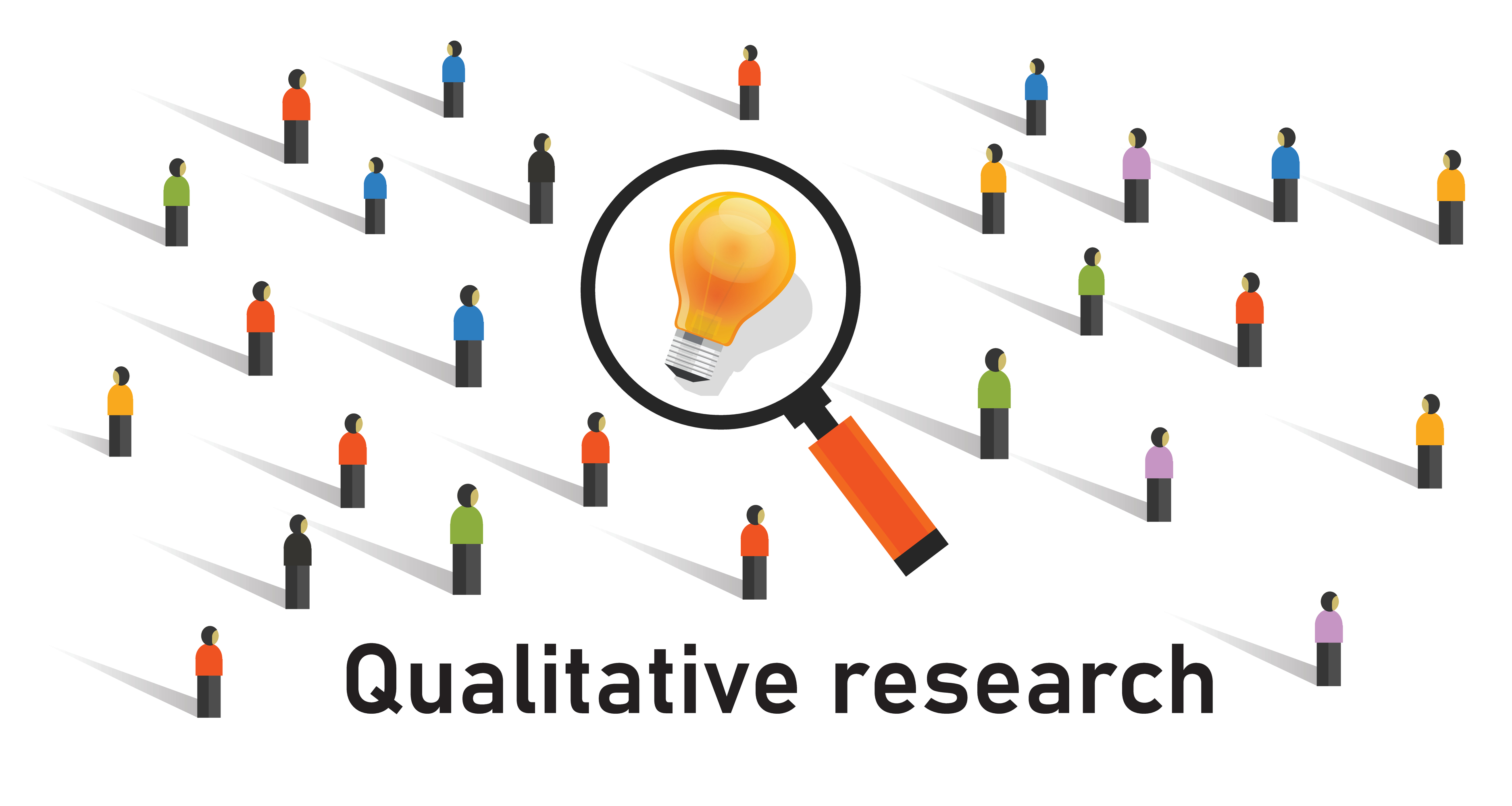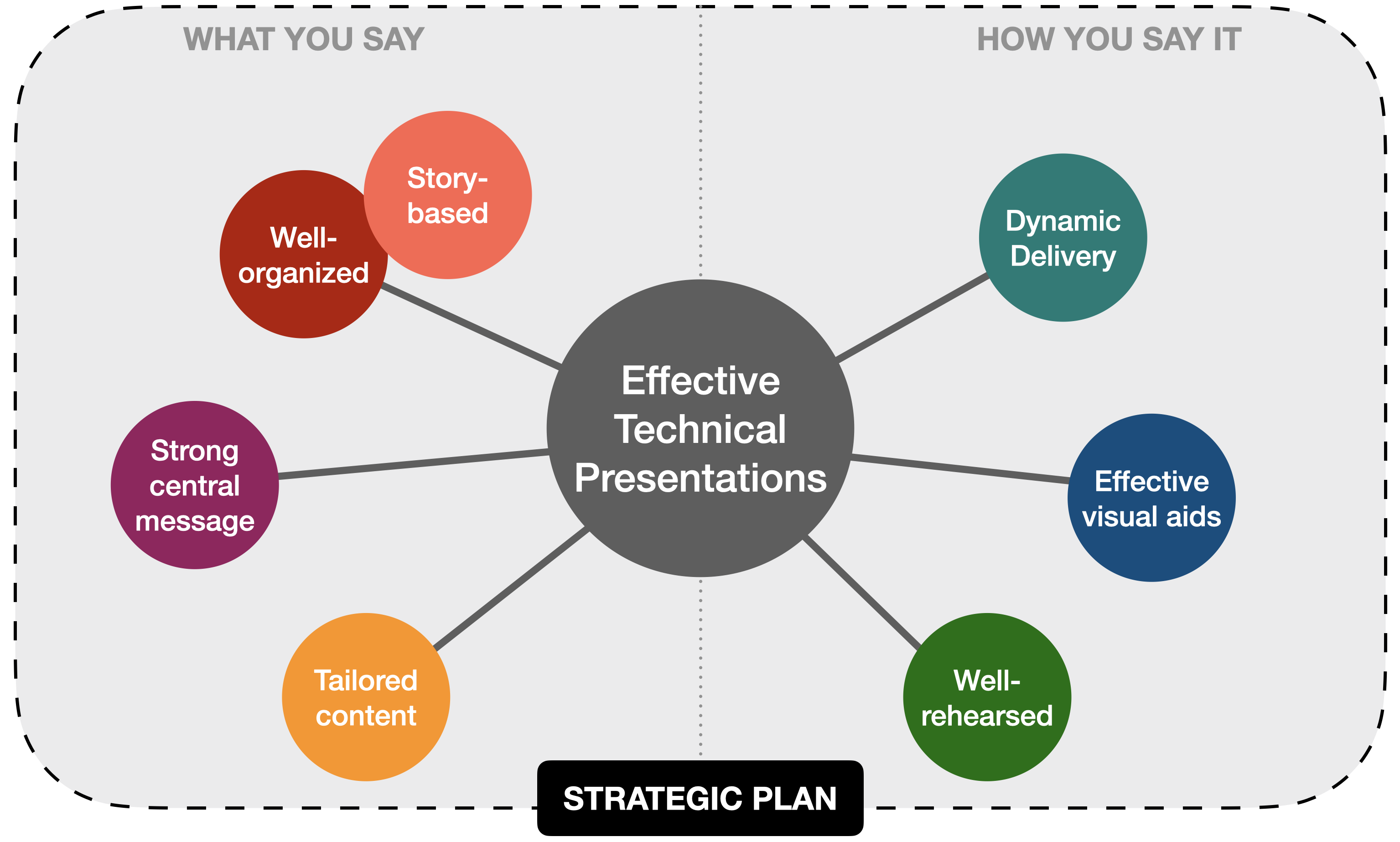Unveiling The Essential Questions For Effective Presentation Analysis
Ready to captivate your audience? Unleash the power of effective presentation analysis with our essential questions.
Effective presentations are the key to success in various aspects of life, but creating one can be a daunting task. Understanding the essential questions for effective presentation analysis can help you deliver impactful messages and leave a lasting impression on your audience.
Unveiling The Essential Questions For Effective Presentation Analysis
Presentation analysis involves dissecting a presentation to identify its strengths and weaknesses. By answering these crucial questions, you can pinpoint areas for improvement and maximize the effectiveness of your presentations.
The essential questions for effective presentation analysis include:
- What is the purpose of the presentation?
- Who is the target audience?
- What is the key message that needs to be conveyed?
- How can the presentation be structured to deliver the message effectively?
Understanding The Purpose Of Your Presentation
Establishing the purpose of your presentation is crucial. Are you aiming to inform, persuade, or entertain your audience? Clearly defining the purpose will guide your content and delivery style, ensuring your message aligns with the intended outcomes.
Once you understand your purpose, you can tailor your content accordingly. For example, if your goal is to inform, your presentation should focus on providing clear and concise information. On the other hand, if you aim to persuade, you’ll need to present compelling evidence and logical arguments.

Shopmatic – Use Qualitative Research to Improve Sales and Conversions – Source blog.goshopmatic.com
Targeting The Right Audience
Identifying your target audience is essential for effective presentations. Understanding their demographics, interests, and knowledge level will enable you to tailor your content and delivery style to resonate with them.
Consider their age, gender, occupation, education, and any other relevant factors. By understanding your audience, you can create a presentation that is both informative and engaging, ensuring your message is delivered in a way that is most likely to be received positively.

Unveiling the Right Logo Designer: Seven Essential Questions – Source aimlinx.com
Conveying Your Key Message
Every presentation should have a clear and concise key message. This is the main idea you want your audience to remember and act upon. Your entire presentation should revolve around this central message, with each slide supporting and reinforcing it.
To develop a strong key message, focus on the following:
- Keep it brief and to the point.
- Use simple and direct language.
- Make it relevant and meaningful to your audience.
- Repeat your key message throughout your presentation.

Essential Surf Accessories: Your Ultimate Guide to Surf Gear – Source www.worldsurfstore.com
Structuring Your Presentation For Impact
The structure of your presentation is crucial for delivering your message effectively. Start with a strong introduction that grabs your audience’s attention and sets the stage for your key message. Then, use a logical flow to guide your audience through your content, using transitions to smoothly connect your points.
Consider using visual aids such as slides, images, or videos to illustrate your message and keep your audience engaged. End with a powerful conclusion that summarizes your key message and leaves a lasting impression.

30 Essential Questions through the Creative Process | EducationCloset – Source www.pinterest.com
Unveiling The Essential Questions For Effective Presentation Analysis
By answering these essential questions, you can create a presentation that is impactful, engaging, and persuasive. Remember, effective presentation analysis is an ongoing process of refinement and improvement. Seek feedback from your audience and continue to refine your presentations to maximize their impact.
The Importance Of Unveiling The Essential Questions For Effective Presentation Analysis
Unveiling the essential questions for effective presentation analysis is paramount in the realm of public speaking and communication. These questions serve as a roadmap, guiding presenters toward crafting impactful and resonant presentations that connect with audiences on a deeper level.
By delving into the purpose, audience, key message, and structure of a presentation, presenters gain invaluable insights that empower them to tailor their content and delivery to the specific needs of their listeners. This process is akin to a sculptor chiseling away at a block of marble, revealing the inherent beauty and potential within the raw material.

CMS 2024 Rule Update: Unveiling Essential Insights for Case Management – Source medlearn.com
The History And Myth Of Unveiling The Essential Questions For Effective Presentation Analysis
The history of Unveiling The Essential Questions For Effective Presentation Analysis is deeply intertwined with the evolution of communication itself. From the ancient Greek orators, who meticulously honed their rhetorical skills, to modern-day TED talks, the power of effective presentations has been recognized and celebrated throughout the ages.
However, it was not until the early 20th century that the concept of presentation analysis began to take shape. Pioneering communication theorists such as Dale Carnegie and Edward Bernays emphasized the importance of understanding the audience, tailoring messages accordingly, and utilizing persuasive techniques. Their work laid the foundation for the essential questions that guide effective presentations today.

Qualities of Effective Therapist: Unveiling Essential Traits – Source blossom-counseling.net
The Hidden Secret Of Unveiling The Essential Questions For Effective Presentation Analysis
The hidden secret of Unveiling The Essential Questions For Effective Presentation Analysis lies in the ability to go beyond superficial analysis and delve into the deeper layers of communication. It involves understanding not only the surface-level content of a presentation but also the underlying intent, values, and emotions that drive it.
By uncovering these hidden secrets, presenters can create presentations that resonate with audiences on a visceral level, evoking powerful emotions and inspiring meaningful action. It is in these moments of genuine connection that the true power of effective presentation analysis is revealed.

Ingredient : Unveiling the Essential Elements of Food | Kids’ BookBuzz – Source kidsbookbuzz.com
Recommendations For Unveiling The Essential Questions For Effective Presentation Analysis
To effectively unveil the essential questions for effective presentation analysis, consider the following recommendations:
- Start by understanding your purpose: Define the specific goals and outcomes you aim to achieve with your presentation.
- Know your audience: Conduct thorough research to gain insights into the demographics, interests, and knowledge level of your listeners.
- Craft a compelling message: Develop a clear and concise message that is relevant and meaningful to your audience.
- Structure your presentation strategically: Use a logical flow and transitions to guide your audience through your content.
- Seek feedback and refine: Regularly gather feedback from your audience and use it to improve and refine your presentations over time.

Successful Presentation Skills – ASM Learning – Source www.asmlearning.com
Unveiling The Essential Questions For Effective Presentation Analysis: A Deeper Dive
To further delve into the realm of Unveiling The Essential Questions For Effective Presentation Analysis, consider the following:
- Understand the context: Analyze the setting, time constraints, and cultural norms that may influence your presentation.
- Incorporate storytelling: Use stories, anecdotes, and personal experiences to connect with your audience on an emotional level.
- Utilize visual aids effectively: Use slides, images, and videos to illustrate your points and make your presentation more engaging.
- Practice active listening: Pay attention to verbal and non-verbal cues from your audience to adjust your presentation accordingly.
- Embody confidence: Believe in your message and deliver your presentation with conviction and enthusiasm.

Effective Presentations 101 | Robyn Javier – Source rjavier.caltech.edu
Tips For Unveiling The Essential Questions For Effective Presentation Analysis
Here are some additional tips for Unveiling The Essential Questions For Effective Presentation Analysis:
- Set aside ample preparation time: Allow yourself sufficient time to thoroughly research, plan, and practice your presentation.
- Use a presentation analysis checklist: Create a checklist of key questions to guide your analysis and ensure you cover all essential aspects.
- Seek feedback from trusted sources: Ask colleagues, friends, or mentors to provide constructive criticism and feedback on your presentation.
- Record and review your presentations: Record yourself delivering your presentations and watch them back to identify areas for improvement.
- Stay updated on presentation trends: Keep abreast of the latest presentation techniques and technologies to enhance the effectiveness of your presentations.

How to Give a Good Presentation: 8 Things You Need to Know – Source www.findabusinessthat.com
Unveiling The Essential Questions For Effective Presentation Analysis: A Deeper Dive
To further explore the nuances of Unveiling The Essential Questions For Effective Presentation Analysis, consider these additional insights:
- Embrace diversity: Recognize and appreciate the diversity of perspectives and communication styles in your audience.
- Incorporate humor appropriately: Use humor sparingly and appropriately to lighten the atmosphere and connect with your audience.
- Manage stage fright: Practice relaxation techniques and visualization exercises to overcome nervousness and deliver a confident presentation.
- Be authentic and relatable: Share your genuine experiences and emotions to build trust and establish a connection with your audience.
- Continuously improve: Presentation analysis is an ongoing process. Regularly seek feedback and reflect on your presentations to identify areas for growth.





